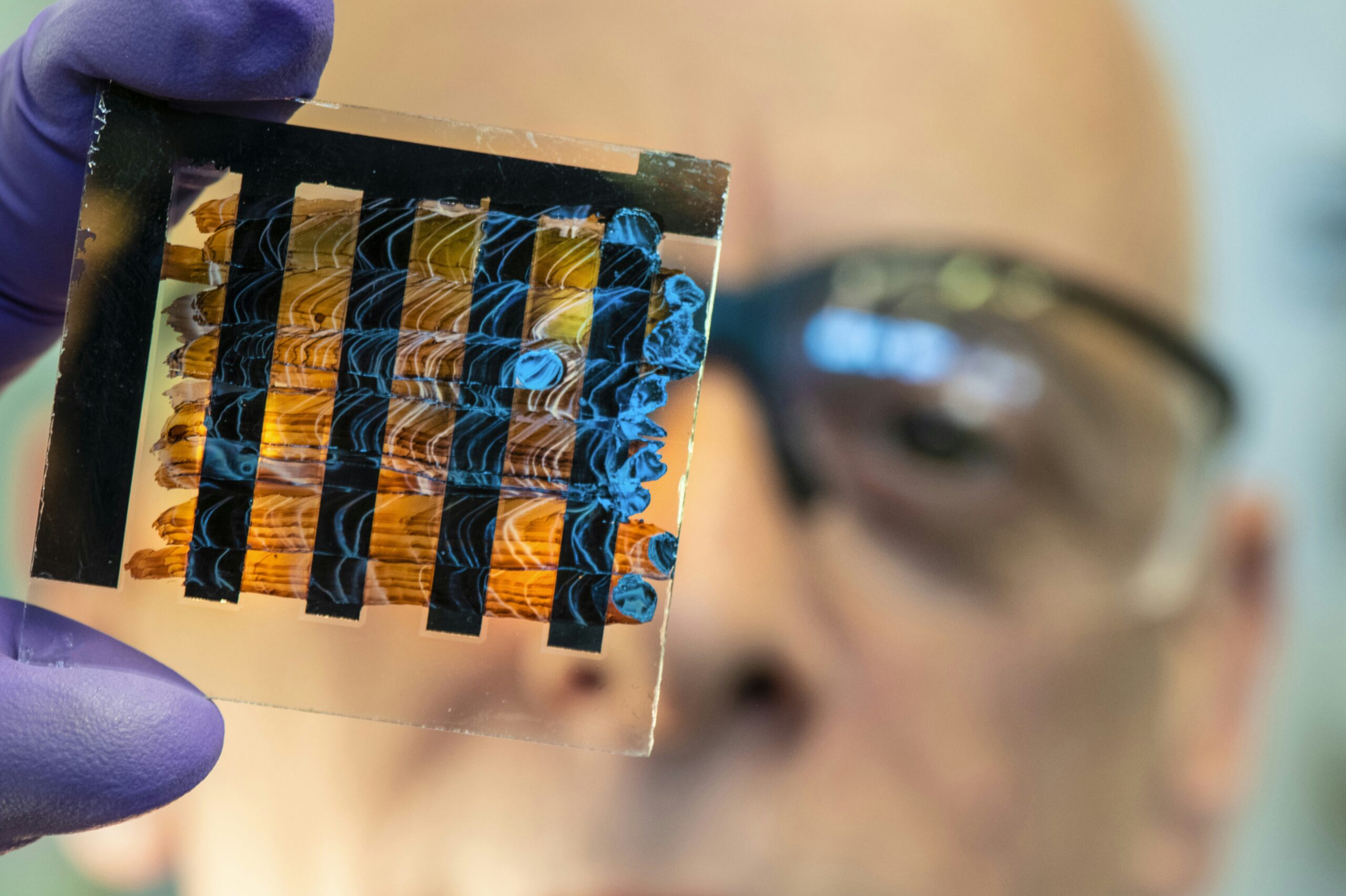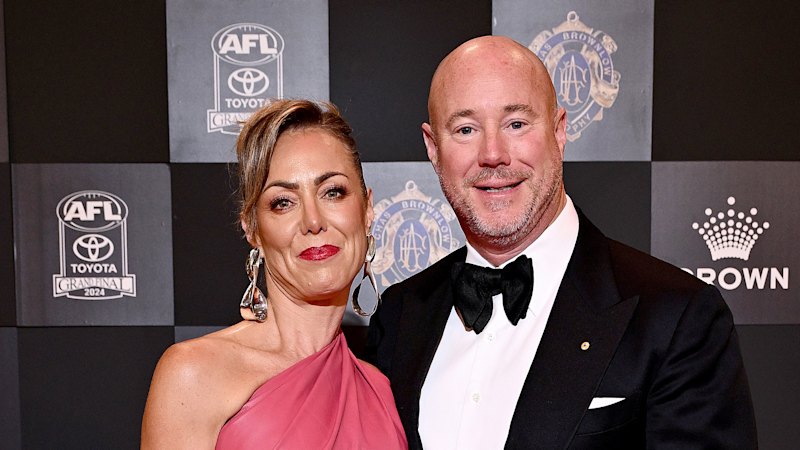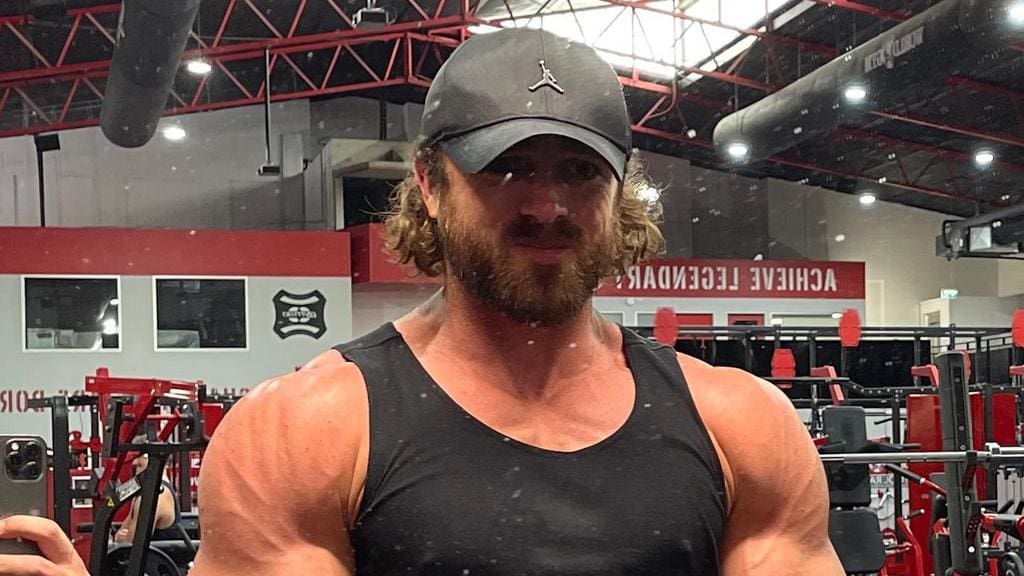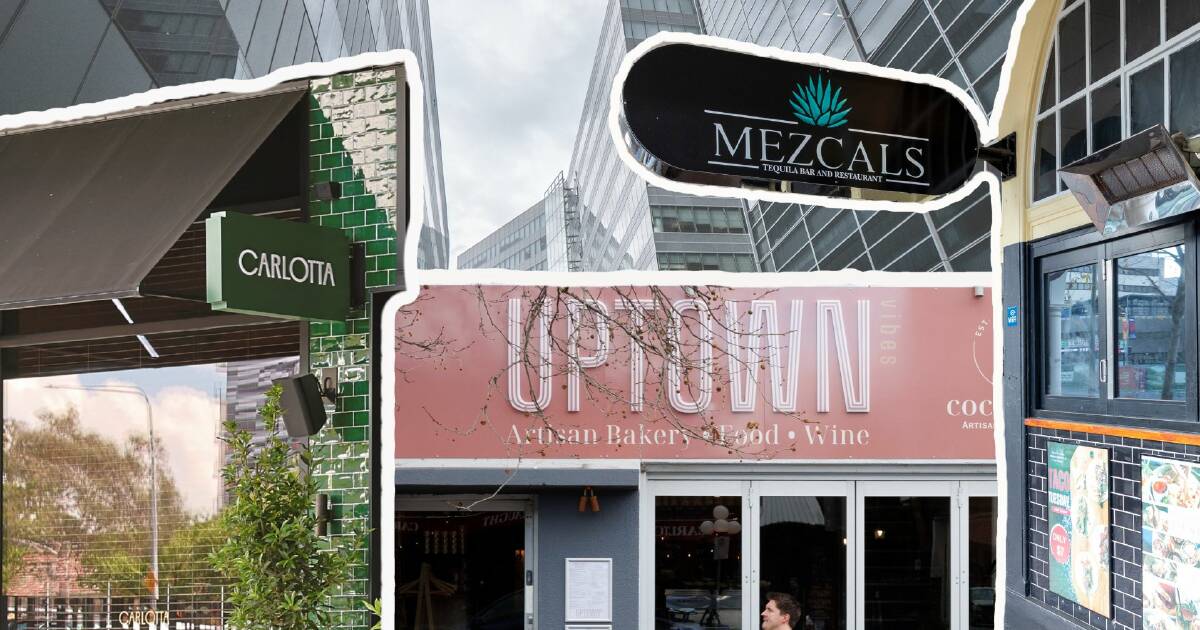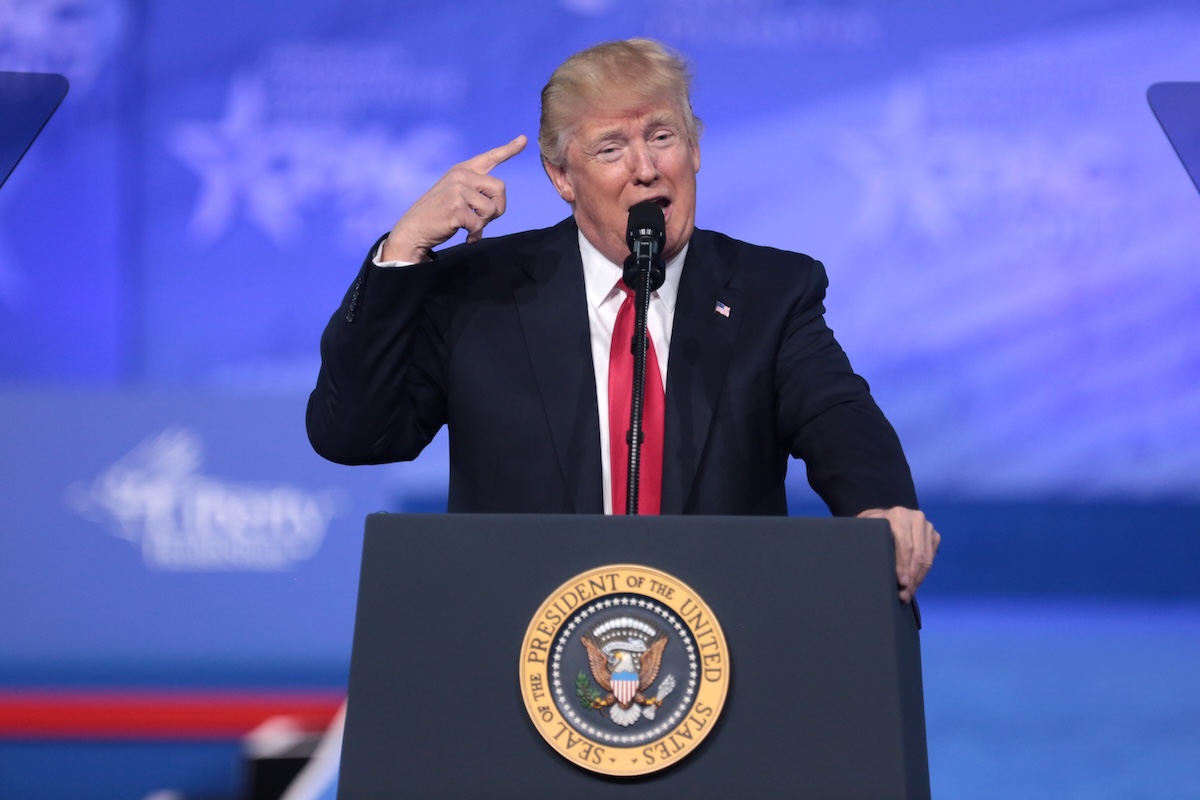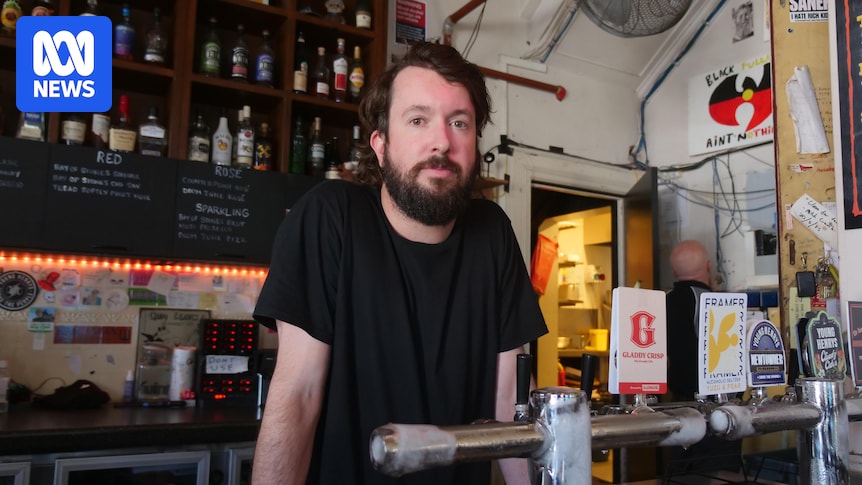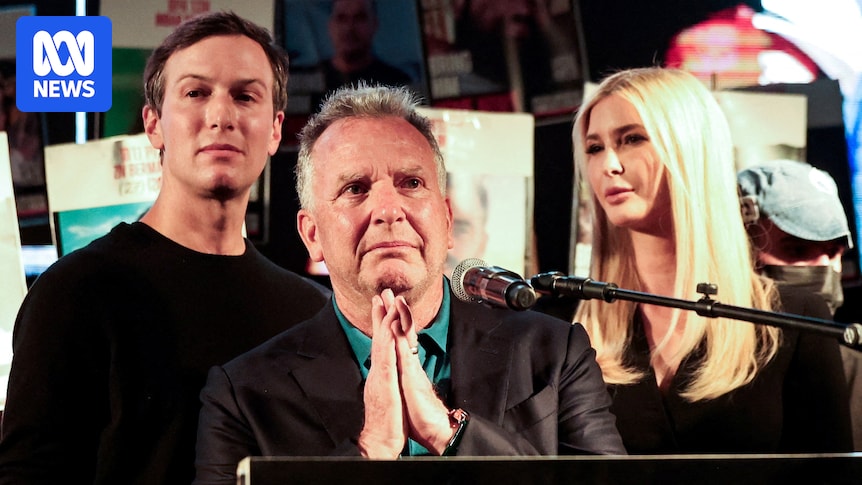
Thousands of Israelis gathered in Tel Aviv on Sunday, eagerly anticipating the release of the remaining hostages held in Gaza. The event, taking place at Hostages Square, featured United States envoy Steve Witkoff as the headline speaker. Witkoff praised the crowd’s resilience and courage, eliciting cheers from the attendees. However, the mention of Israeli Prime Minister Benjamin Netanyahu was met with boos, reflecting widespread frustration over his handling of the conflict.
Meanwhile, in Gaza, Palestinians returned to devastated homes as a ceasefire held for the second consecutive day. The 72-hour window for the release of hostages is set to close on Monday, marking a critical juncture in the ongoing conflict.
Diplomatic Efforts and Public Sentiment
Steve Witkoff, flanked by Ivanka Trump and Jared Kushner, who played key roles in negotiating the ceasefire, addressed the crowd. “I dreamed of this night,” Witkoff declared. Yet, the crowd’s reaction shifted when he mentioned Netanyahu, whom many blame for the prolonged conflict and delayed return of hostages.
Witkoff’s commendation of Arab leaders for their participation in peace talks in Egypt also received a lukewarm response. He assured the crowd that the hostages would return on Monday, crediting former President Donald Trump for facilitating the deal. Several attendees echoed this sentiment, emphasizing Trump’s pivotal role in the negotiations.
“Only Trump,” one woman said, while a young man named Yuval remarked, “We couldn’t have done it without the help of Trump.”
Witkoff addressed the hostages directly, offering words of comfort and solidarity. “As you return to the embrace of your families and your nation, know that all of Israel and the entire world stands ready to welcome you home with open arms and endless love,” he said.
Humanitarian Crisis in Gaza
As the ceasefire began on Friday, thousands of Palestinians who had fled to the south began returning north, only to find their homes reduced to rubble. Mahmoud Abu-Sharia, a resident of Gaza, described the devastation. “We returned yesterday and found the house destroyed,” he told reporters. “I don’t know where to bring my sons and daughters to live.”
Israeli troops have withdrawn to predetermined positions outside major urban areas, yet they maintain control over approximately half of the Gaza Strip. Umm Mohammad el-Dahdouh, another resident, recounted how the Israeli military occupied her building. “They were living and coexisting here and when they finished their mission they blew up the houses,” she said.
“Here we are in the street — we don’t have land any more, or homes or anything and we don’t know what to do,” el-Dahdouh lamented.
The destruction has left much of the strip in ruins, with over 67,000 people killed and thousands more trapped under debris. Abu-Sharia and his neighbors have been searching for their missing children for weeks.
International Aid and Future Prospects
As part of the ceasefire agreement, hundreds of trucks carrying food and medical aid are expected to arrive in Gaza. Abu-Sharia expressed hope that the international community would recognize the dire needs of the Palestinian people. “We are demanding that the world have mercy on our children, to see what the Palestinian people need, because here in Gaza we have been completely destroyed,” he said.
El-Dahdouh called for immediate humanitarian assistance, including tents, clothes, and bedding. “I don’t even have a tent or water containers,” she said, highlighting the acute shortages faced by many in the region.
The release of almost 2,000 Palestinian prisoners and detainees, captured during the conflict, is also part of the deal. This includes 250 individuals specifically named by Israel, adding a complex layer to the unfolding situation.
“God willing this ceasefire will hold and people will find accommodation to shelter in rather than be homeless,” Abu-Sharia hoped.
The situation remains tense as the deadline for the hostages’ release approaches. The international community watches closely, hoping the ceasefire will pave the way for a more lasting peace in the region.
